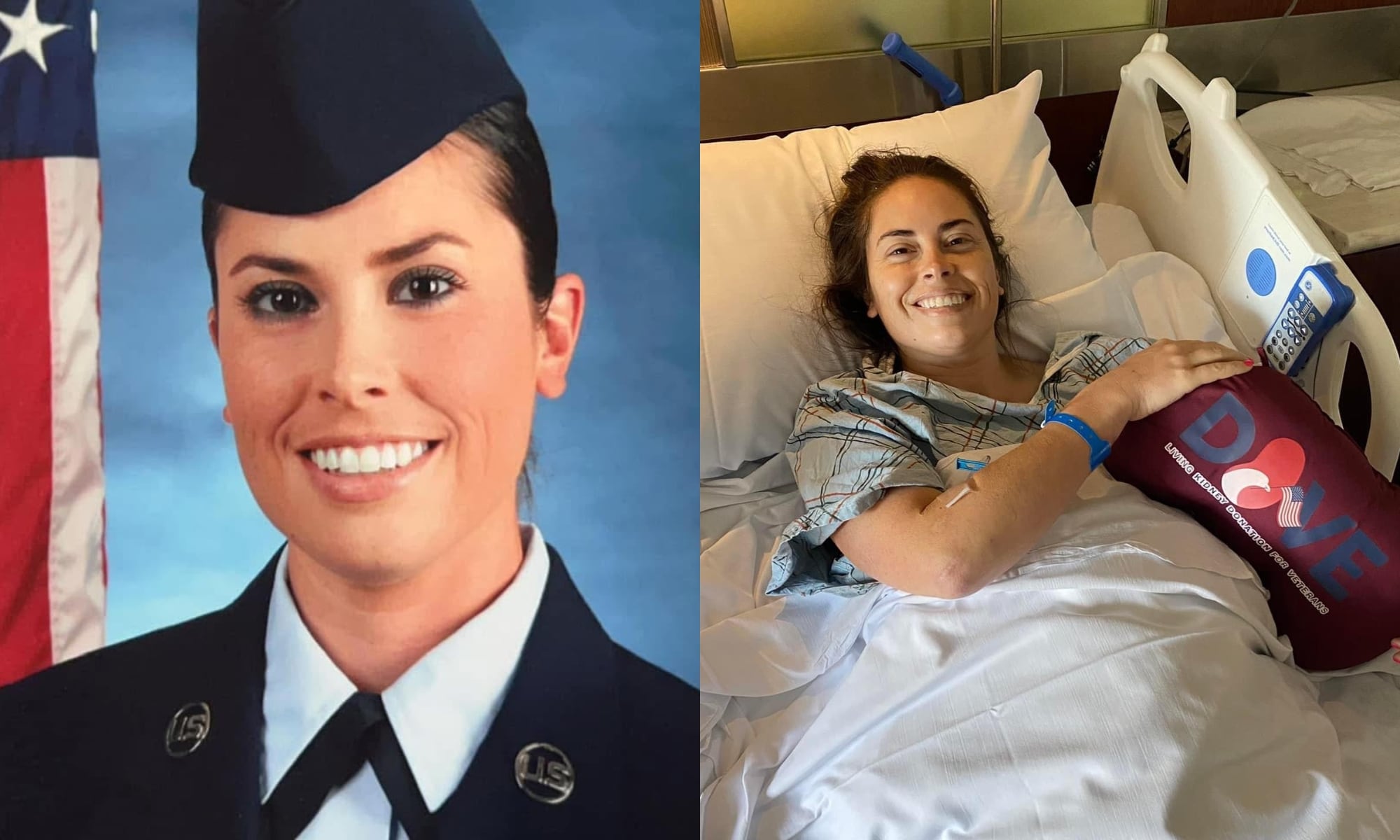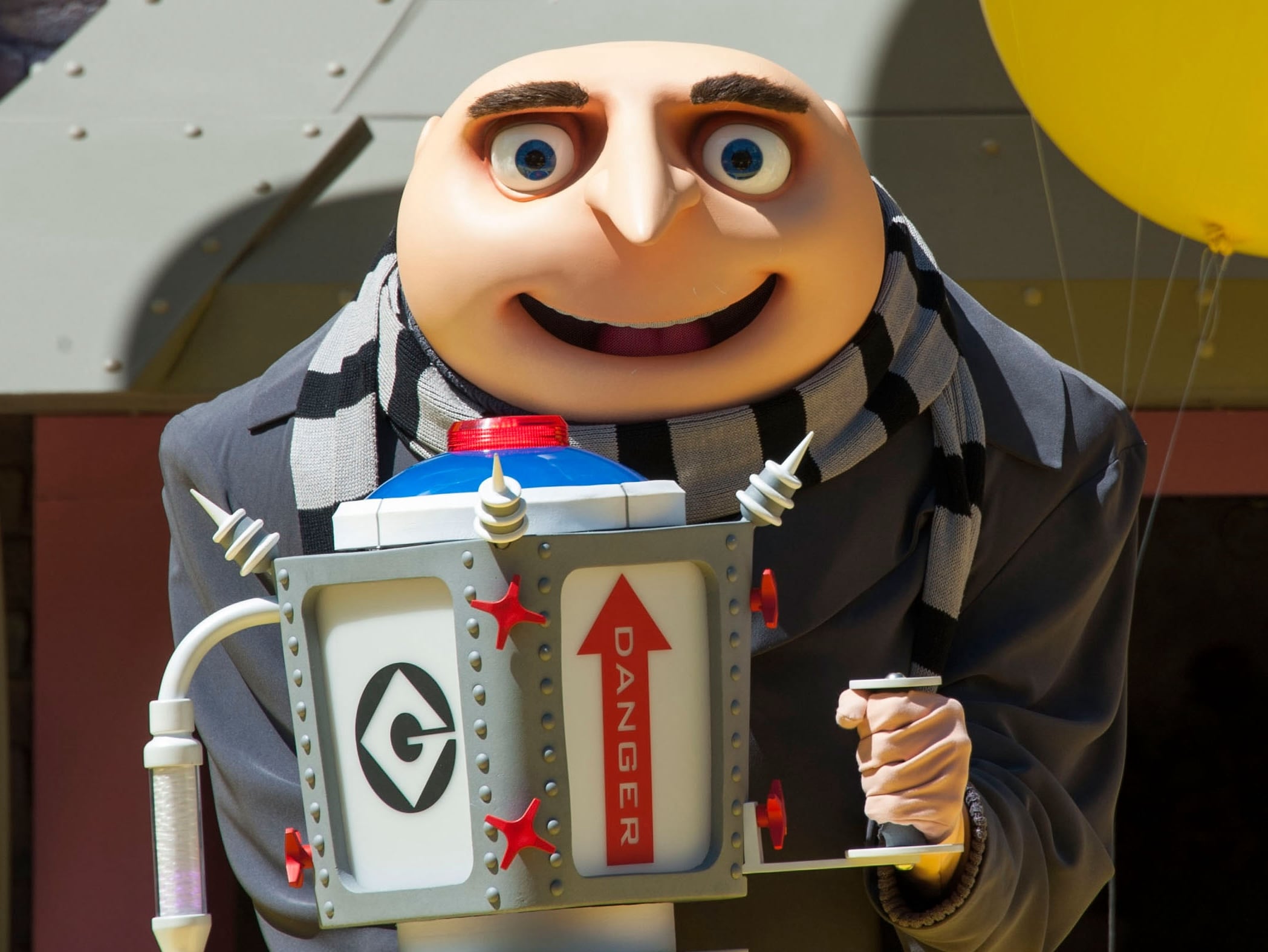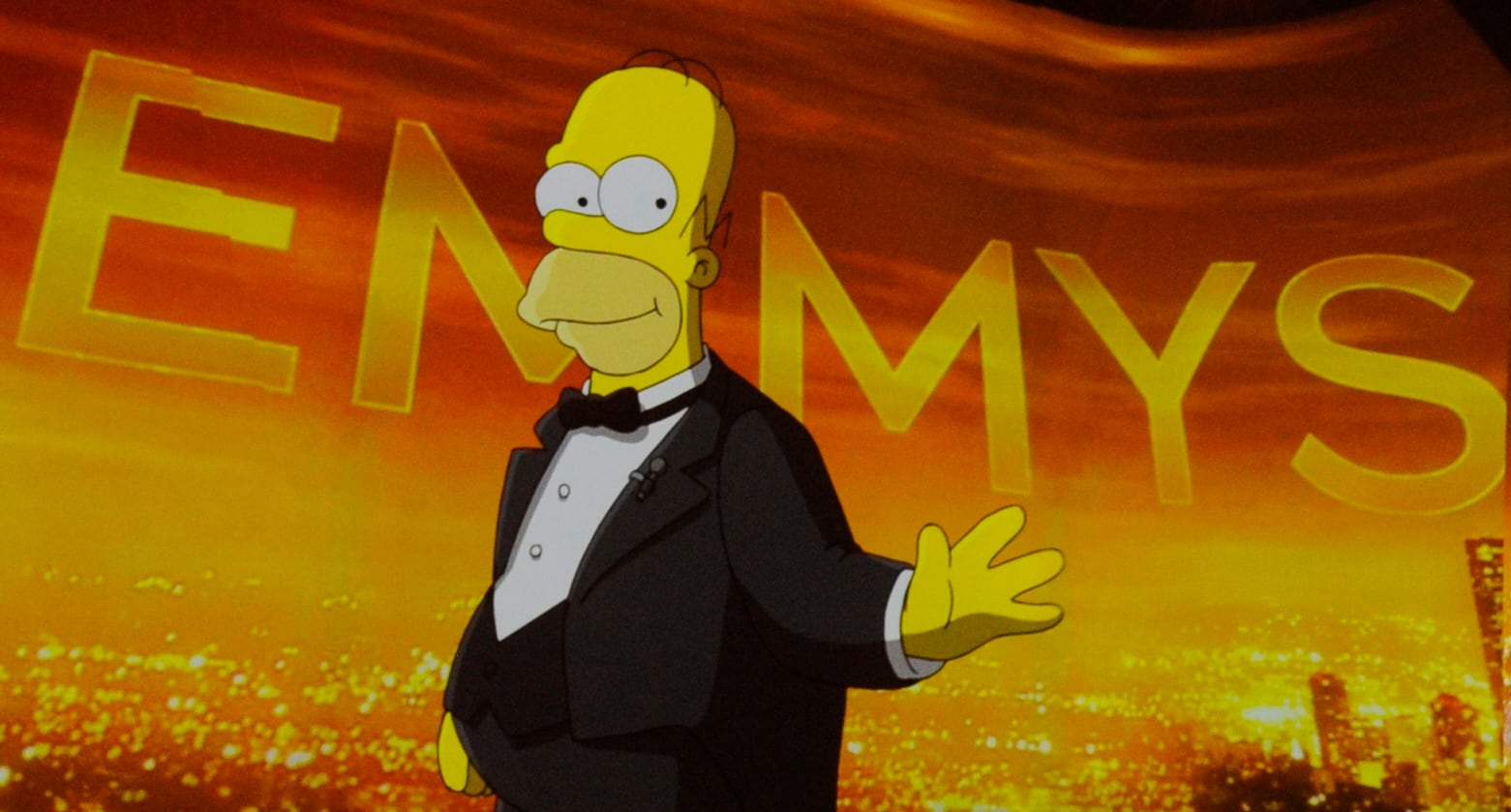Joe, mud, java. There are many names for the steamy, brown sludge we robotically pour into mugs adorned with clever caffeine-centric quotes. But now, thanks to a study performed by the Air Force Research Laboratory, coffee will perhaps someday be replaced ... with a jolt to the brain.
Forty active-duty military personnel from Wright-Patterson Air Force Base participated in the study, one funded by NASA, in an attempt to analyze the efficacy of transcutaneous cervical vagus nerve stimulation in treating migraines and the impacts of sleeplessness.
“One possible way to enhance alertness could be by (non invasively) stimulating an area of the brain called the locus coeruleus,” the study said.
To do so, the study looked at how a noninvasive electrical neuromodulation device, which has also been used to treat drug-resistant epilepsy and depression, could influence the military’s exhaustion-fueled abuse of energy drinks and coffee.
“Fatigue is a serious and unavoidable problem for many professions such as medicine, transportation, and the military,” the study read. “In general, it is a serious public health risk. Fatigue induced by sustained wakefulness can cause slower reaction times, a reduced ability to multitask, and increases in lapses of attention that can lead to costly, even deadly mistakes.”
And who has to deal with “sustained wakefulness” more than service members?
”We delivered cervical transcutaneous vagal nerve stimulation (ctVNS) via a handheld neurostimulation device originally approved to treat cluster headaches and migraines,” the study’s authors wrote. “This device passes a noninvasive electrical current pulsed at 25 Hz through the skin to the nerve via two electrodes placed over the neck.”
Additionally, the treatment “only takes 6 min per stimulation dose,” the study read, which sounds much more simple than all the rigmarole associated with making a cup of coffee. (Although it probably doesn’t taste as good.)
The therapy, the study concluded, is said to “increase wakefulness, attention, and arousal and improve mood during periods of sleep-deprivation-induced stress.”
Perhaps the reign of Rip It energy drinks will soon come to an end.
Sarah Sicard is a Senior Editor with Military Times. She previously served as the Digitial Editor of Military Times and the Army Times Editor. Other work can be found at National Defense Magazine, Task & Purpose, and Defense News.
Tags:
rip itsmilitary sleep apneamilitary sleep issuessailor sleep issuesmilitary lack of sleepmilitary energy drinksmilitary coffeegood newsIn Other News















